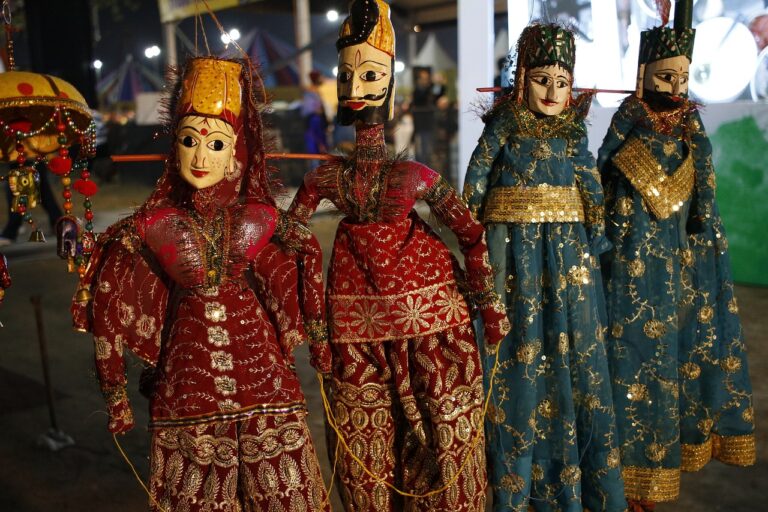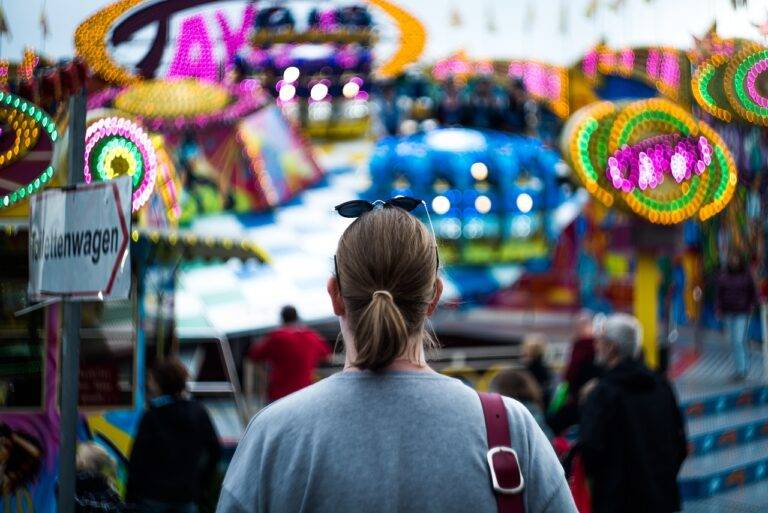Analyzing the Role of Artificial Intelligence in Film Casting
Casting in the film industry has undergone significant transformations over the years. Initially, casting decisions were largely based on physical appearance and typecasting actors into specific roles. However, as the industry evolved, the focus shifted towards finding actors who could truly embody the characters they portrayed, bringing a depth of authenticity to their performances.
Moreover, the advent of technology has revolutionized the casting process, making it more streamlined and accessible. With the rise of online casting platforms and virtual auditions, casting directors now have a wider pool of talent to choose from, breaking down geographical barriers and opening up opportunities for actors from diverse backgrounds. This shift towards digital casting has not only made the process more efficient but has also democratized access to roles in the film industry, creating new pathways for undiscovered talent to showcase their skills.
The Impact of Artificial Intelligence on Casting Decisions
Artificial Intelligence (AI) is revolutionizing the casting process in the film industry. With the advanced capabilities of AI technology, casting directors are now able to analyze vast amounts of data to make more informed decisions when selecting actors for roles. AI algorithms can assess actors’ performances, facial expressions, and even predict audience reactions to different casting choices.
One of the key benefits of using AI in casting decisions is the ability to increase diversity and inclusion in film projects. By removing human biases and relying on data-driven analysis, AI can help casting directors discover talented actors from a variety of backgrounds who may have otherwise been overlooked. This leads to more authentic and representative portrayals on screen, ultimately enriching the storytelling experience for audiences worldwide.
How has casting evolved in the film industry over time?
Casting in the film industry has evolved from traditional methods of physical auditions to using technology for casting calls and virtual auditions.
What is the impact of artificial intelligence on casting decisions?
Artificial intelligence has streamlined the casting process by analyzing data to match actors with roles based on various factors such as demographics, skills, and previous performances.
Can artificial intelligence completely replace human casting directors?
While artificial intelligence can assist in the casting process, human casting directors bring a level of creativity, intuition, and emotional connection that cannot be replicated by AI.
Are there any concerns about using artificial intelligence in casting decisions?
Some concerns include bias in AI algorithms, lack of diversity in casting choices, and potential loss of opportunities for actors who don’t fit traditional molds favored by AI.
How can the film industry ensure a balance between using artificial intelligence and human creativity in casting decisions?
The film industry can maintain a balance by integrating AI as a tool to enhance the casting process while still relying on human judgment, creativity, and emotional intelligence to make final casting decisions.





